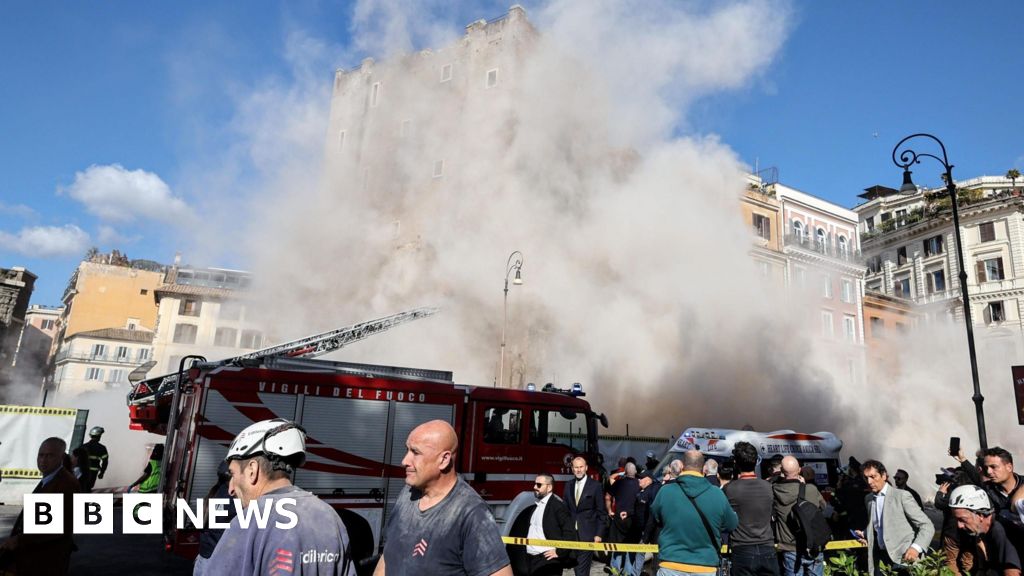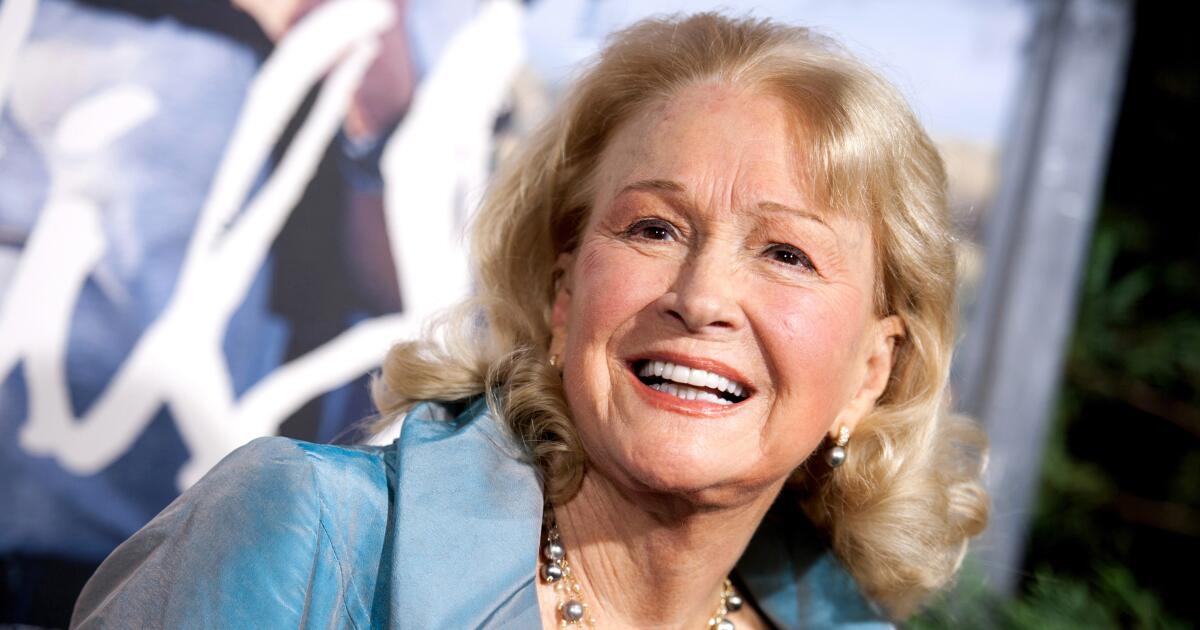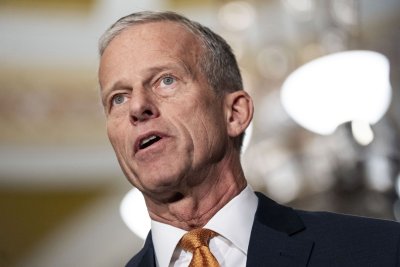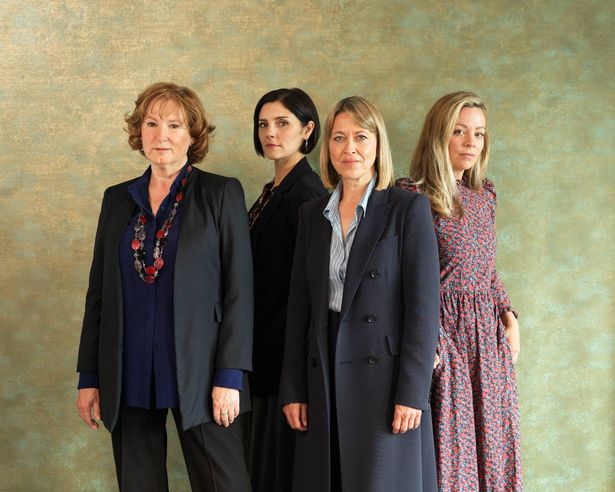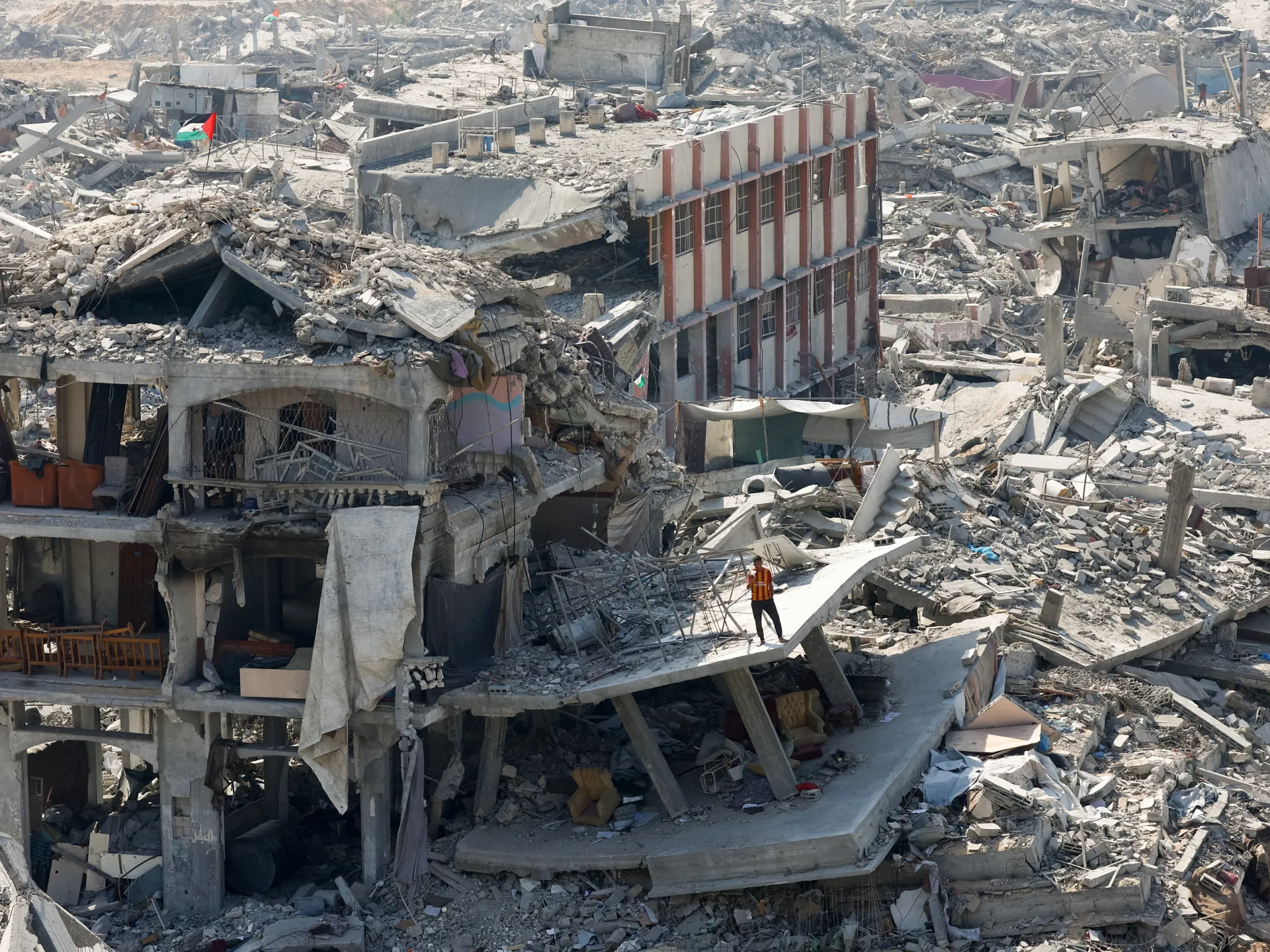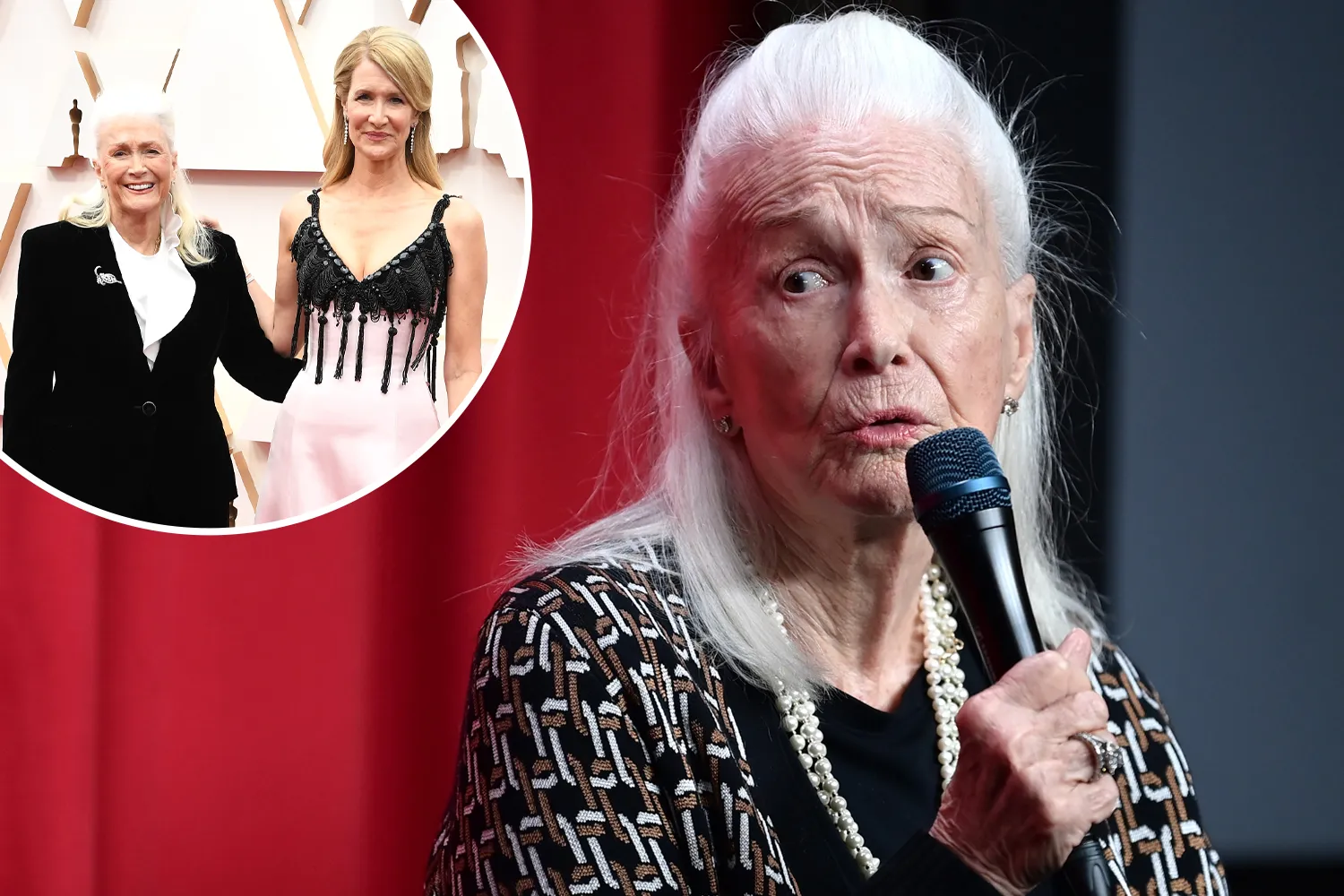The Split Up is a spin-off from the hit BBC drama The Split and will follow another family’s law firm.
A spin-off from the hit BBC drama The Split has received a significant update.
Fans were gutted when the legal series starring Nicola Walker and Stephen Mangan wrapped up after three seasons in 2022, followed by a two-part special last year. Now, fresh information about the upcoming show The Split Up has emerged, including casting announcements.
The original programme featured Annika star Nicola as Hannah, grappling with the breakdown of her marriage to Nathan (Stephen) whilst juggling affairs, romance and complicated relationships, all while managing her family’s law practice alongside the chaos created by her two sisters and mother.
The Split Up will now centre on a different family law practice, this time based in Manchester and focusing on the British-Asian elite Kishan family.
The six-episode series will explore “the high-stakes world of Manchester’s divorce law circuit, where one family of lawyers, the Kishans, reigns supreme,” according to the previous announcement, reports Wales Online.
It adds: “Kishan Law is a British-Asian high net worth family law firm in Manchester, noted for its clientele and its reputation.
“They are the ‘go to firm’ for Manchester’s elite who come to them for their excellence, integrity, and discretion.
“But the future and legacy of Kishan Law hangs in the balance when a family secret from the past comes to light, throwing their professional and personal lives into turmoil.”
The line-up for the series has already been unveiled, and it’s now been confirmed that The Good Place star Jameela Jamil is coming on board.
When the announcement was posted on social media featuring a photo of Jameela with leading lady Ritu Arya, the She-Hulk actress responded: “I love her.”
“My two favourites together,” one supporter wrote, whilst another added: “OMG can’t wait. Love you both!!!”
“Very excited for this,” a third person commented.
Jameela is joining The Umbrella Academy’s Ritu Arya, Unforgotten’s Sanjeev Bhaskar, alongside Aysha Kala (Virdee), Arian Nik (Film Club), Danny Ashok (Dinosaur), Dimitri Leonidas (Those About To Die), Mawaan Rizwan (Juice), Sindhu Vee (Matilda the Musical), Shalini Peiris (The White Lotus) and Tom Forbes (Queenie).
Celebrity guest appearances will also feature Lenny Henry and Jane Horrocks.
The BBC revealed: “The fast-rising star of Kishan Law is Aria Kishan (Ritu Arya), poised to step up and take the mantle from her father Dhruv (Sanjeev Bhaskar). However, the death of her mother has cast a new light over these plans for Dhruv, who has begun to wonder if his daughter can, or should, take on this responsibility single-handedly.
“Aria’s relationship is placed under scrutiny too with the wedding for long-term partner Neal (Danny Ashok) on the horizon, but with their personal and professional so entwined it’s unclear if their relationship can withstand any more pressure – a problem further compounded when a former secret flame (Dimitri Leonidas) arrives in Manchester unexpectedly.
“Alongside her siblings Maya (Aysha Kala) and Kav (Arian Nik), Aria must navigate the splits that divide family and those we love – and ask herself: who should you live your life for?”
Creator Ursula Rani Sarma expressed: “Having admired The Split and Abi Morgan for years, I was honoured to be asked to bring The Split Up to life. As a writer passionate about representation, it’s a dream come true to place a contemporary British South Asian family centre stage. Diversity deepens our understanding, enriches our stories, and reflects the true fabric of our society.
“It’s thrilling to watch our amazing cast led by Ritu and Sanjeev bring the Kishan family to life. I can’t wait for audiences to meet them and to witness the drama as it unfolds.”
Abi Morgan chimed in: “The chance to take all that was loved about The Split and use it to inspire the next generation of British South Asian talent, to create a new family of dynamic lawyers spilling over with all the messiness of life, both personally and professionally, has been a brilliant challenge, beautifully realised by lead writer Ursula Rani Sama. I hope audiences will take it to their hearts.”
The Split is available to watch on BBC iPlayer.
